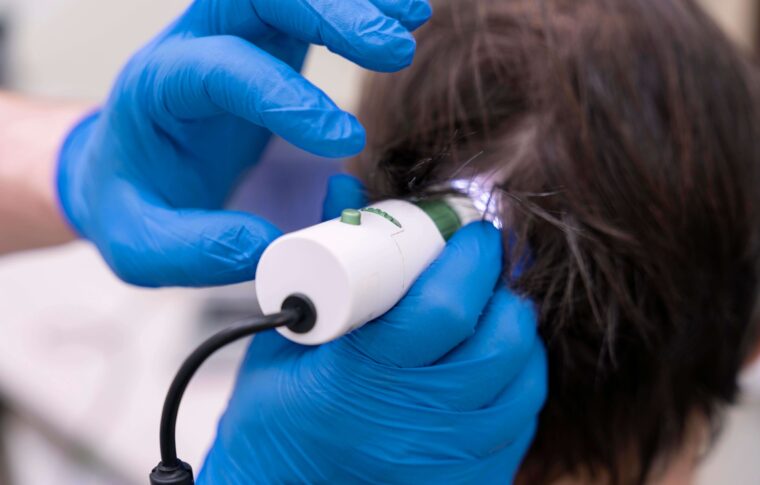Hair transplant is a surgical procedure that involves moving hair follicles from one part of the body (usually the back or sides of the scalp) to areas of thinning or baldness. Hair transplant surgery has several significant advantages for individuals dealing with hair loss:
Permanent Solution: Hair transplants provide a long-lasting and often permanent solution to hair loss. The transplanted hair follicles are resistant to the effects of DHT (dihydrotestosterone), the hormone responsible for shrinking hair follicles and causing hair loss in certain areas.
Natural-Looking Results: Skilled surgeons can create natural-looking results that mimic the pattern and density of your original hair. The transplanted hair grows naturally and blends seamlessly with your existing hair.
Improved Self-Confidence: Hair loss can significantly impact self-esteem and self-confidence. Hair transplant surgery can help restore a more youthful appearance and boost self-confidence, leading to a better quality of life.
Minimal Downtime: Hair transplant procedures have relatively short recovery periods compared to some other surgeries. Most patients can resume their regular activities within a few days to a week after the procedure.
No Ongoing Maintenance: Unlike some non-surgical hair restoration methods that require ongoing maintenance or special products, transplanted hair doesn’t require any special care. You can shampoo, style, and treat it like your natural hair.
Customized Results: Surgeons work closely with patients to design a hairline and overall pattern that suits their facial features and preferences, ensuring personalized and satisfying outcomes.
Predictable Outcome: Hair transplant surgery has a high success rate and a predictable outcome. Most transplanted hairs will continue to grow and behave like natural hair.
Cost-Effective Over Time: While the initial cost of a hair transplant may seem substantial, it can be more cost-effective over the long term compared to continuous spending on temporary solutions, such as medications or topical treatments.
No Side Effects: Hair transplant surgery involves your own hair follicles, so the risk of allergic reactions or other adverse effects is minimal.
Versatility: Hair transplant surgery can be tailored to address various levels of hair loss, from minor thinning to more advanced stages of baldness.
Immediate and Gradual Results: While there may be some initial shedding, transplanted hair will start to regrow within a few months after the procedure. The results gradually improve over the following months, offering a natural and gradual transformation.
It’s important to note that not everyone is a suitable candidate for hair transplant surgery. Consulting with a qualified and experienced hair transplant surgeon is crucial to determine your eligibility and discuss the potential benefits and risks based on your individual situation.



